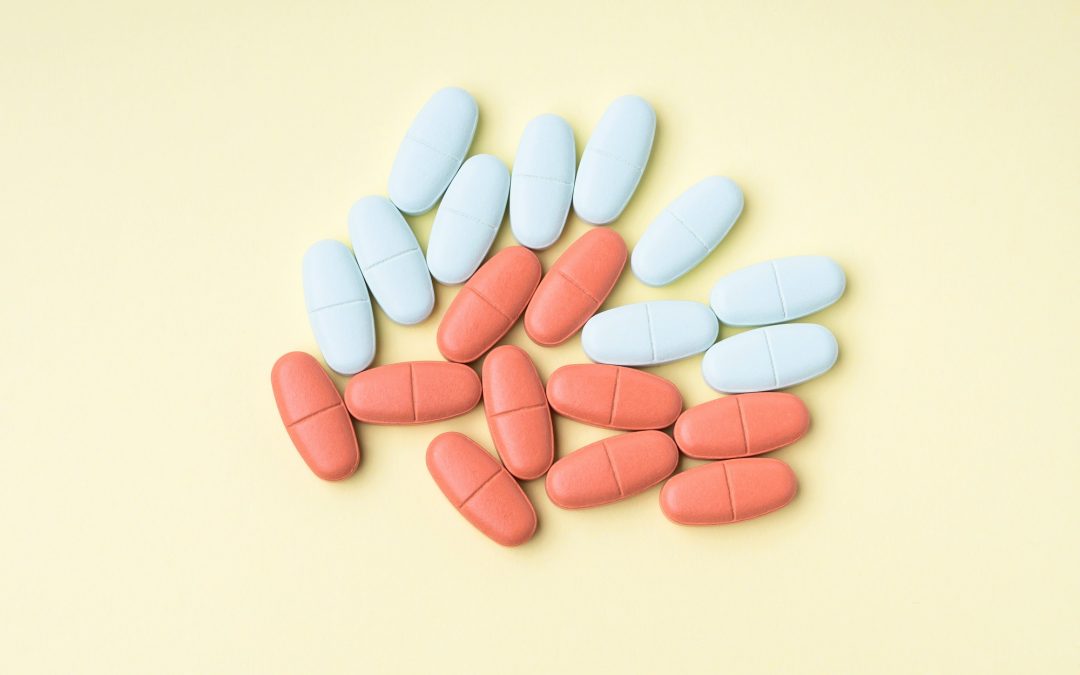Cholesterol increases your chances of heart disease, but medication like statins can help. But what are statins? Can they help lower your cholesterol?
You might not know you have high cholesterol; this is because it has no symptoms. About 93 million adults in the U.S. age 20 or older have cholesterol levels higher than 200 mg/dL.
If you suspect you have high cholesterol, a simple blood test can check your levels. If you already have it or have a high risk of developing heart disease, statins might be able to help.
What Are Statins?
Statins are a type of drug that helps lower cholesterol. They work by blocking the enzyme your body needs to make cholesterol in the liver.
Statins can also help stabilize the plaques on blood vessel walls and reduce the risk of certain types of blood clots. Examples of statins available in the U.S. include:
- Atorvastatin
- Lovastatin
- Pitavastatin
- Pravastatin
- Rosuvastatin
- Simvastatin
Your doctor considers both cholesterol levels and your risk of heart attack and stroke before prescribing statins. Even if you don’t have high cholesterol, you might be prescribed a statin if your risk of heart attack is very high.
 Statins Benefits
Statins Benefits
- Reduces risk of narrow arteries.
- Helps fight inflammation, reducing artery damage.
- Blocks cholesterol from forming in the liver.
- Helps lower triglycerides and increase HDL, or good cholesterol, levels.
- Can help lower LDL cholesterol.
Statins lower cholesterol levels, which decrease your risk of stroke and heart attack. They also help stabilize the blood vessel lining and relax the blood vessels, which decreases blood pressure.
Side Effects
Statins may cause a number of different side effects, including:
- Dizziness.
- Nausea or vomiting.
- Body aches, muscle, or joint pain.
- Constipation, gas, or diarrhea.
In addition, the risk of liver damage and kidney failure increases when mixed with grapefruit. This is because it hinders an enzyme that helps process the medication.
More serious side effects include type 2 diabetes, confusion, memory loss, liver damage, muscle damage, or kidney damage.
Are Statins Right For You?
The American Heart Association and the American College of Cardiology released guidelines identifying that people who are at high risk of heart attack or stroke would benefit the most from taking statins. These include people who have:
- Cardiovascular disease.
- Elevated LDL levels.
- Type 2 diabetes.
- Are 40 to 75 years old.
- Have a higher 10-year risk of a heart attack.
Statins can be a lifelong commitment. Even if your cholesterol decreases, you may still need to take statins.
Lifestyle changes can help lower cholesterol and decrease your risk of a heart attack. Exercise and a healthy diet are always a great way to improve your heart health – and so are supplements.
Try adding L-arginine Plus to your diet can also help fight heart disease. It increases nitric oxide levels, which dilates blood vessels for better circulation, stamina increase, and healthier blood pressure levels.

